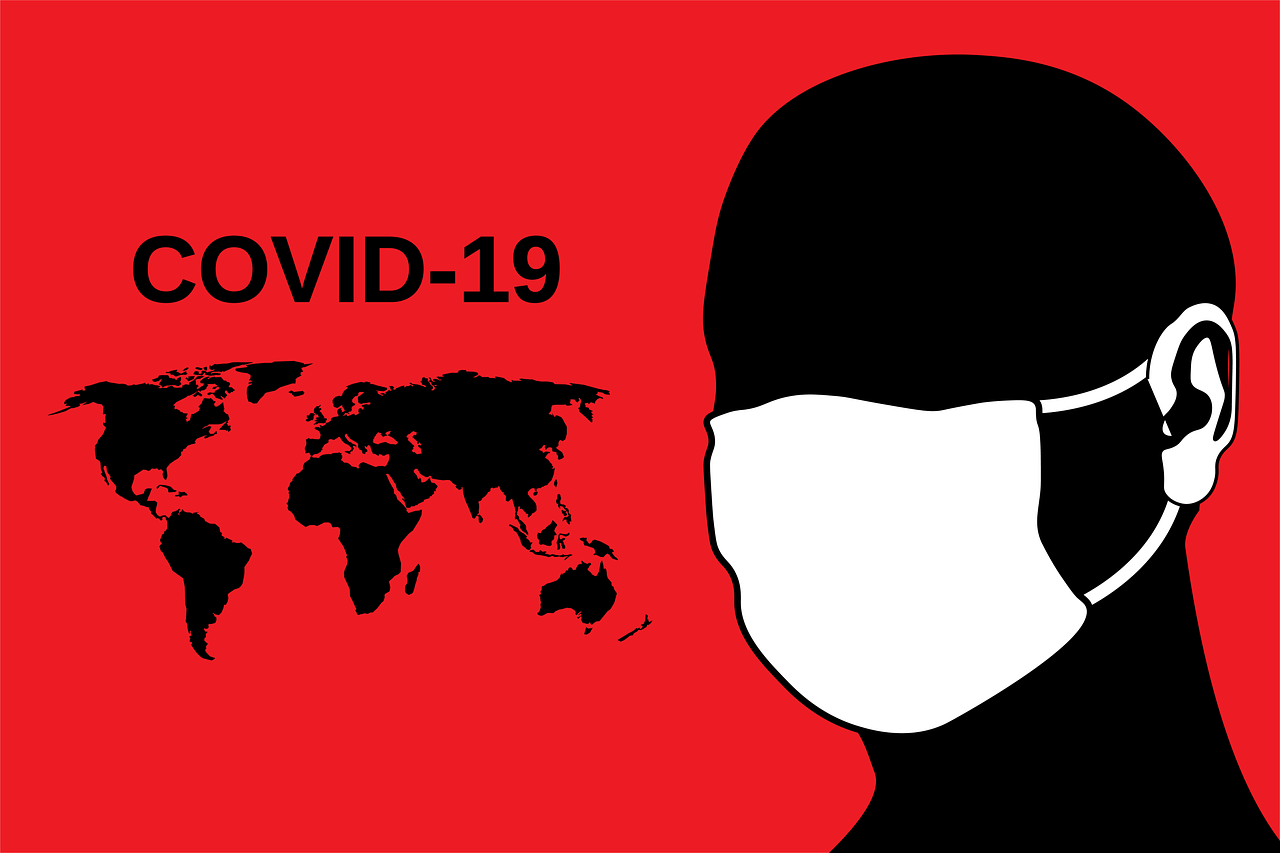The disinformation around COVID-19 is not exclusively the domain of superpowers such as China and Russia, nor is it an issue known only in our culture. As it turns out, fake news, gossip, plain lies but also the disinformation on a state level are in the case of coronavirus pandemic also present in Africa, on the continent, which – at least in official statements – is handling the current situation quite well.
The data concerning pandemic in Africa are puzzling. Out of 41 million cases of COVID-19 registered by WHO, in Africa officially were found only 1.6 million cases – 4 % of the total number of cases (data 22.10.2020). That and the low rate of coronavirus related deaths is a big surprise to scientists. However that is a subject for another discussion.
Meantime the scientists from “The Bulletin” point out one more thing – regardless of the data, the African continent has to face the problem known to whole world: pandemic disinformation. Presented below are the facts gathered by the researchers from American portal “The Bulletin”:
- Tanzania’s reported COVID-19 cases have held steady at 509 since May 8, the last time Johns Hopkins University recorded any new cases in the country. The country’s smaller neighbor to the north, Kenya, meanwhile, has reported a total of over 45,000 cases till 22nd October. How is it possible? Tanzania has stopped sending the data regarding COVID-19 to WHO in spring. Furthermore, the president John Magufuli has declared that the country is “free of coronavirus”, which was confirmed by the PM. The Bulletin also lists that there were false articles published underlining the alleged praising of the World Bank’s reaction to the pandemic in Tanzania
- The scientists from USA claim that this type of disinformation is nothing new to the continent of Africa. In the Democratic Republic of Congo (DRC), for example, fake news swirled around efforts to fight the Ebola epidemic in 2018. DRC politicians claimed that Ebola was manufactured to wipe out certain populations, and false social media stories bred distrust of medical workers. We’ve seen similar storylines crop up about COVID-19 – as stated by the authors of The Bulletin.
- In Nigeria, authorities have been preparing to deal with misinformation since the beginning of the pandemic. They’re hoping to avoid a repeat of a what happened during the 2014 Ebola outbreak. That year, numerous people were hospitalized or died after trying fake remedies like salt baths. Worth noting is that Nigeria since November 2019 has put in place a very restrictive law criminalizing the use of social media in spreading of the false or malignant information. It was ruled in despite the opposition of the journalistic organizations and NGOs.
- Some African governments have cracked down on COVID-19 misinformation through fines and jail time. Kenyans face two years in jail and a $50,000 fine for spreading fake information. The Bulletin also reports that in South Africa they have put in prison citizens spreading fake news claiming that the virus was allegedly spread by foreigners. – The victims in the fight against disinformation are journalists of Nigeria, Niger, Ghana and Sierra Leona trying to reach facts – adds the American portal.
- In Kenya, Nairobi Governor Mike Sonko included bottles of cognac in food donations, citing fake World Health Organization research showing that alcohol offered protection against COVID-19. Sonko’s social media pages also shared fake stories about the pandemic including the ones about the victims of COVID-19 found on the coast of Dead Sea (the video recording was in fact showing the coast of Libya and was showing the bodies of African immigrants, which were thrown on the beach from the ship wreck in 2014.)
- A South African political party asked President Cyril Ramaphosa to address false conspiracy theories, including a complex one about the president allegedly discussing vaccine pilot projects in Africa with Bill Gates.
- The most interesting and dangerous story we find South Sudan. It is becoming increasingly prevalent to wear “virus removal cards” – clip-on tags containing internal fans and disinfectant, that are suppose to catch viruses out of the air, including COVID-19. However absurd it may sound, it is a serious matter – similar cards were worn during official meetings by the politicians of this country – Ministry of Defense Angelina Teny or vice-president Riek Machar, who was photographed 15th May 2020 wearing the clip-on card during the meeting with the ambassador of USA.
The scientists agree that similar cards are not only ineffective in fighting COVID-19 but also potentially dangerous to health and respiratory system. All because of the chemicals contained inside.
In addition to that surprising situation – similar “cards” could be bought for quite some time. The investigative journalists of AFP agency that search fake news report having found “cards” on sale online in different countries, including Lebanon and Philippines, even on Amazon service in Japan. The advertisement on Malaysian website was describing the card “Virus Shut Out” as “the best defense against COVID-19”.
The product is being sold in Japan as a cure for flu since at least 2015, long before the arrival of coronavirus in the Chinese city of Wuhan. However the Japanese consumer agency (in Japanese – red.) 15th May 2020 warned the public opinion that the product was ineffective against COVID-19 – reports AFP.
More information from Africa (and not only) coming soon.
WM
Source: The Bulletin /afp /own materials





